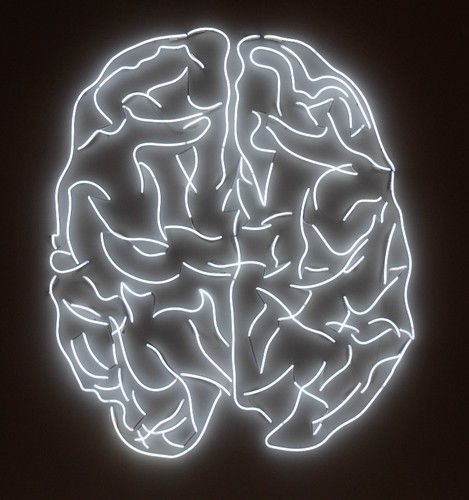
If AOD problems could be solved by physically unraveling the person-drug relationship, only physicians and nurses trained in the mechanics of detoxification would be needed to address these problems. If AOD problems were simply a symptom of untreated psychiatric illness, more psychiatrists, not addiction counselors would be needed. If these problems were only a reflection of grief, trauma, family disturbance, economic distress, or cultural oppression, we would need psychologists, social workers, vocational counselors, and social activists rather than addiction counselors. Historically, other professions conveyed to the addict that other problems were the source of addiction and their resolution was the pathway to recovery. Addiction counseling was built on the failure of this premise. The addiction counselor offered a distinctly different view: “All that you have been and will be flows from the problem of addiction and how you respond or fail to respond to it.”
Addiction counseling as a profession rests on the proposition that AOD problems reach a point of self-contained independence from their initiating roots and that direct knowledge of addiction, its specialized treatment and the processes of long-term recovery provide the most viable instrument for healing and wholeness. If these core understandings are ever lost, the essence of addiction counseling will have died even if the title and its institutional trappings survive. We must be cautious in our emulation of other helping professions. We must not forget that the failure of these professions to adequately understand and treat addiction constituted the germinating soil of addiction counseling as a specialized profession.
White, W. (2004). The historical essence of addiction counseling. Counselor, 5(3), 43-48.
It’s important to note that William White specifically refers to addiction counseling. (If he were writing this today, I imagine he might consider replacing “AOD problems” with “addiction” or “severe AOD problems.”)
I’m often asked why I believe it’s so important to understand addiction as a primary illness. It’s because professional helpers need to know that attempts to resolve addiction by addressing other problems are generally doomed to fail. We can house people with addiction, treat their trauma, treat their mental illness, give them supportive employment, legalize drugs, provide drug testing supplies, clean works, regulated supply, and guaranteed minimum income. Even with all of that support, they are still likely to die of untreated addiction.
Even when we effectively treat opioid use disorder, cocaine use disorder, or alcohol use disorder, we may still be setting the stage for them to suffer or die of untreated addiction. For example, a patient’s opioid use disorder may be effectively treated and the patient dies of causes related to their alcohol or stimulant use. Or, their impairment and it’s consequences persist due to misuse of co-prescribed benzos and stimulants.
This was Narcotics Anonymous’s breakthrough idea in the 1950s–that the problem should not be conceptualized as alcohol or heroin or cocaine, but addiction.
NA’s definition of the problem as a process of “addiction” that transcended one’s drug choice and required a common recovery process may be viewed by future historians as one of the great conceptual breakthroughs in the understanding and management of severe alcohol and other drug problems. This is all the more remarkable coming at a time that substance-specific disorders were still thought to be distinct from each other, as were their treatment and recovery processes.
Budnick C, Pickard B & White W. (2011). Narcotics Anonymous: Its History and Culture
To say that addiction is a primary disease and not caused by these other problems does not imply that these problems are unimportant, or that they have no relationship to addiction. These other problems may be secondary to addiction, or they may also be a co-occurring primary problem.
In either case, these problems may affect the risk for addiction, the onset, its course, severity, and response to treatment. They may represent a barrier to recovery. And, importantly, they cause suffering.
This is why addiction counseling as a specialty is so critically important. In most cases, recovery from addiction is not catalyzed by character development, mental health treatment, housing, or trauma treatment.
